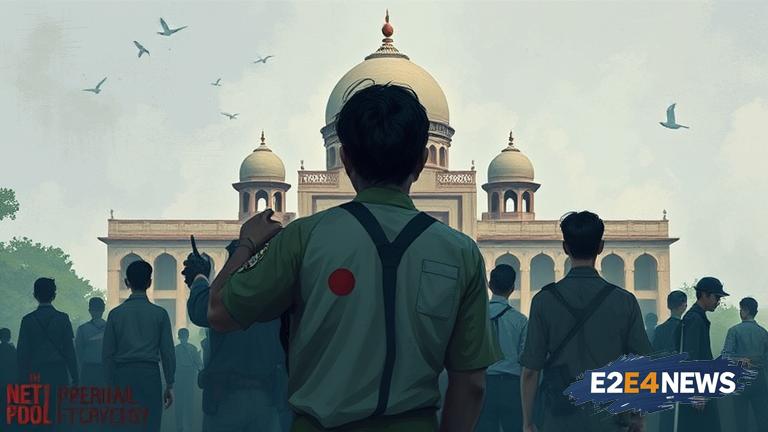In a recent development, human rights groups and lawyers in Bangladesh have urged the government to put an end to the practice of arbitrary arrests and wholesale case filing, which has become a pressing concern in the country. The issue has been highlighted in various reports and studies, which reveal that the practice is not only a violation of human rights but also undermines the rule of law. According to the reports, thousands of people have been arrested and charged with crimes without sufficient evidence, leading to a significant increase in the number of pending cases in the courts. The situation has been exacerbated by the fact that many of these cases are filed without proper investigation, resulting in innocent people being wrongly accused and imprisoned. The human rights groups and lawyers have argued that the practice is a clear violation of the fundamental rights of citizens, including the right to a fair trial and the right to liberty. They have also pointed out that the practice is often used as a tool of harassment and intimidation, particularly against opposition activists and critics of the government. The government has been criticized for its failure to address the issue, despite repeated calls from human rights groups and the international community. The situation has been further complicated by the fact that many of the cases are filed under controversial laws, such as the Digital Security Act, which has been widely criticized for its vague and overly broad provisions. The law has been used to arrest and charge people for expressing their opinions online, including journalists, bloggers, and social media activists. The human rights groups and lawyers have called on the government to repeal the law and to ensure that all cases are filed and prosecuted in accordance with the principles of due process and the rule of law. They have also urged the government to take steps to address the issue of arbitrary arrests and to ensure that all arrests are made in accordance with the law. The issue has significant implications for the country’s human rights record and its commitment to upholding the rule of law. The government’s failure to address the issue has been widely criticized, both domestically and internationally. The United Nations has expressed concern over the practice, and has called on the government to take steps to address the issue. The European Union has also expressed concern, and has urged the government to ensure that all cases are filed and prosecuted in accordance with the principles of due process and the rule of law. The issue is likely to remain a major concern in the coming months, as human rights groups and lawyers continue to push for reforms and an end to the practice of arbitrary arrests and wholesale case filing.
